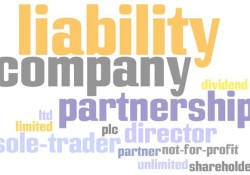Starting Your Small Business? Get Organised
Proper planning will reduce the ‘stress’ that could come with starting your own small business; an ad hoc approach is often a recipe for disaster. Here are a few things to keep in mind when starting your own small business:… Continue Reading







